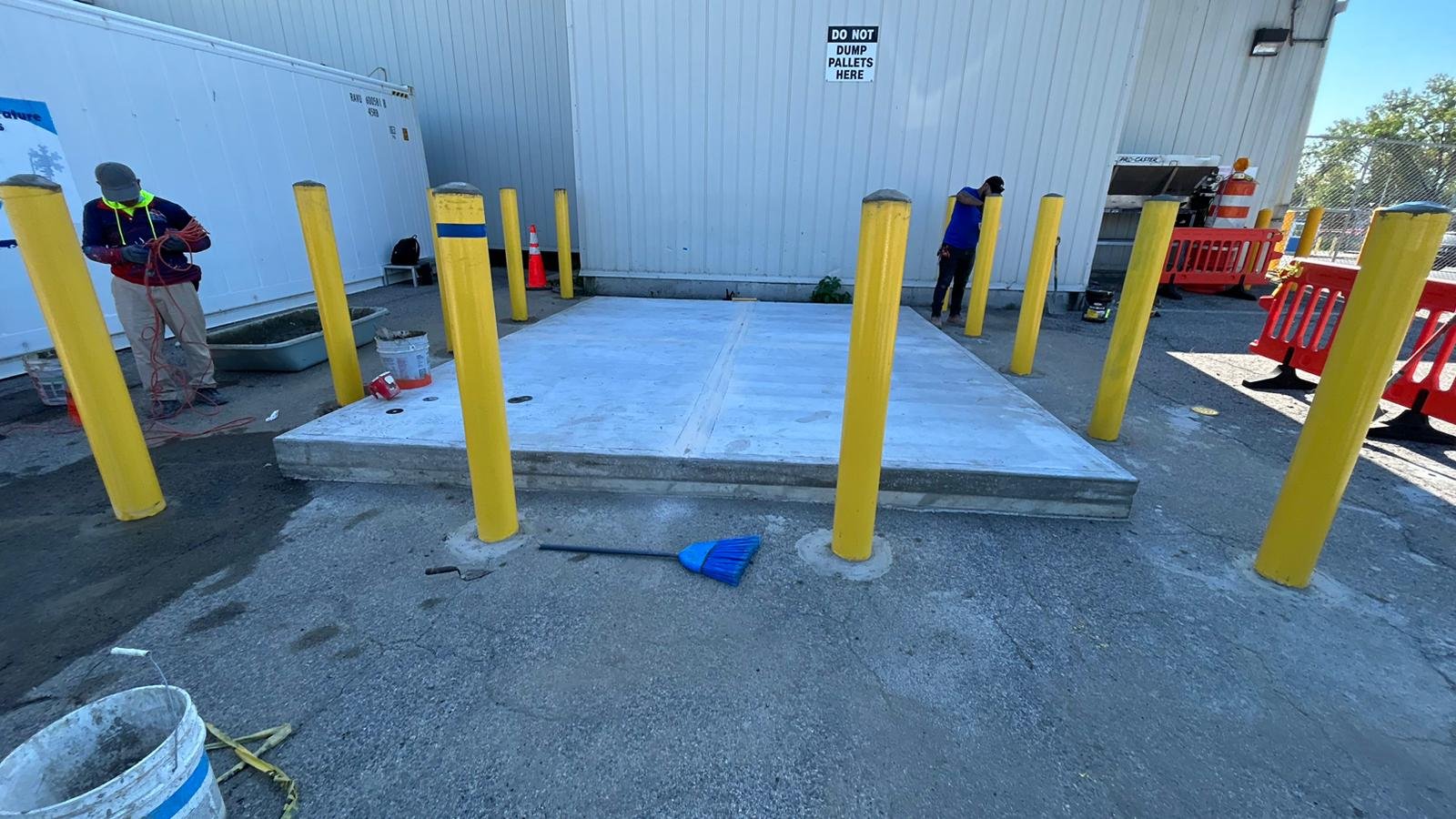Are you looking for bank owned homes in Orlando? If you’re looking for a new property and want to explore affordable options, bank-owned homes can be great. In this article, we will provide you with a comprehensive guide to purchasing bank-owned homes in Orlando. From understanding the concept of bank-owned homes to finding the right property and navigating the buying process, we’ve got you covered. Let’s dive in!
1. Introduction to Bank-Owned Homes
Bank-owned homes, also known as real estate-owned (REO) properties, are residential properties that banks or other financial institutions have repossessed. The lender initiates foreclosure proceedings when a homeowner fails to make mortgage payments. If the property does not sell at a foreclosure auction, it becomes a bank-owned home.
2. Advantages of Bank-Owned Homes
Investing in bank-owned homes in Orlando offers several advantages. Firstly, these properties are often priced below market value, making them more affordable for buyers. Additionally, banks may provide financing options or incentives to attract buyers. Bank-owned homes also offer potential profit opportunities through appreciation or rental income.
3. Understanding the Orlando Real Estate Market
Before delving into the bank-owned homes market in Orlando, it’s essential to understand the local real estate market. Orlando has a vibrant and dynamic real estate scene, with a range of properties available in various neighborhoods. Familiarize yourself with market trends, property values, and the overall economic climate to make informed decisions.
4. Finding Bank Owned Homes in Orlando
To find bank-owned homes in Orlando, you can employ various strategies. Start by searching online real estate platforms that specialize in listing bank-owned properties. Additionally, consider contacting local banks or working with real estate agents with REO property experience. They can provide valuable insights and assist you in finding suitable options.
5. Evaluating the Condition of Bank-Owned Homes
When considering bank-owned homes, it’s crucial to assess their condition thoroughly. These properties are typically sold “as-is,” meaning the bank is not responsible for any repairs or renovations. Hire a professional home inspector to identify any issues or potential hidden costs associated with the property. This evaluation will help you determine if the home is worth investing in.
6. Financing Options for Bank-Owned Homes
Financing a bank-owned home follows a similar process to traditional home purchases. You can explore various financing options, including conventional mortgages, FHA loans, or cash purchases. Consult with lenders to understand each option’s eligibility criteria, down payment requirements, and interest rates.
7. Making an Offer on a Bank Owned Home
When you find a bank-owned home that meets your requirements, it’s time to make an offer. Ensure you conduct a comparative market analysis to determine a fair price. If applicable, submit a well-prepared offer, including necessary documentation and proof of funds. Keep in mind that banks may receive multiple offers, so be prepared for potential negotiations.
8. Completing the Purchase Process
If your offer is accepted, you will move forward with the purchase process. Work with a real estate attorney or agent to ensure all necessary legal documents are in order. Review the contract carefully, including contingencies and deadlines. Coordinate with the lender, title company, and other involved parties to streamline the closing process.
9. Hiring Professionals for Inspections and Appraisals
Before closing on a bank-owned home, it’s advisable to hire professionals for inspections and appraisals. These experts will evaluate the property’s condition, identify any potential issues, and provide an accurate appraisal value. Their expertise will help you make informed decisions and negotiate repairs or adjustments with the bank.
10. Potential Risks and Challenges
While bank-owned homes offer great opportunities, there are potential risks and challenges to be aware of. These properties may require substantial repairs or renovations, which can add to the overall cost. Additionally, the buying process for bank-owned homes can be more complex and time-consuming compared to traditional purchases. Ensure you have a realistic understanding of these factors.
11. Renovating and Maintaining Bank Owned Homes
Once you’ve acquired a bank-owned home, you may need to invest in renovations or repairs to enhance its value or make it livable. Create a detailed renovation plan and budget, considering both cosmetic improvements and essential repairs. Regular maintenance is also crucial to preserve the property’s condition and ensure its long-term value.
12. Tips for a Successful Bank-Owned Home Purchase
- To make your bank-owned home purchase a success, consider the following tips:
- Do thorough research on the property and its history.
- Get pre-approved for financing to strengthen your offer.
- Work with experienced professionals, such as real estate agents and attorneys.
- Have a comprehensive understanding of the local market.
- Be prepared for potential competition and negotiations.
13. Frequently Asked Questions (FAQs)
- Can I negotiate the price of a bank-owned home in Orlando?
- Are bank-owned homes always in poor condition?
- Can I use a bank’s financing services when purchasing their owned homes?
- What are the potential risks of buying a bank-owned home?
- How long does the process of purchasing a bank-owned home usually take?
14. Conclusion
Purchasing foreclosure in orlando provides an excellent opportunity for homebuyers and investors alike. By understanding the process, conducting thorough research, and working with professionals, you can confidently navigate the market. Remember to assess the condition of the property, explore financing options, and make well-informed decisions. Get started on your journey to homeownership or real estate investment in Orlando today!



